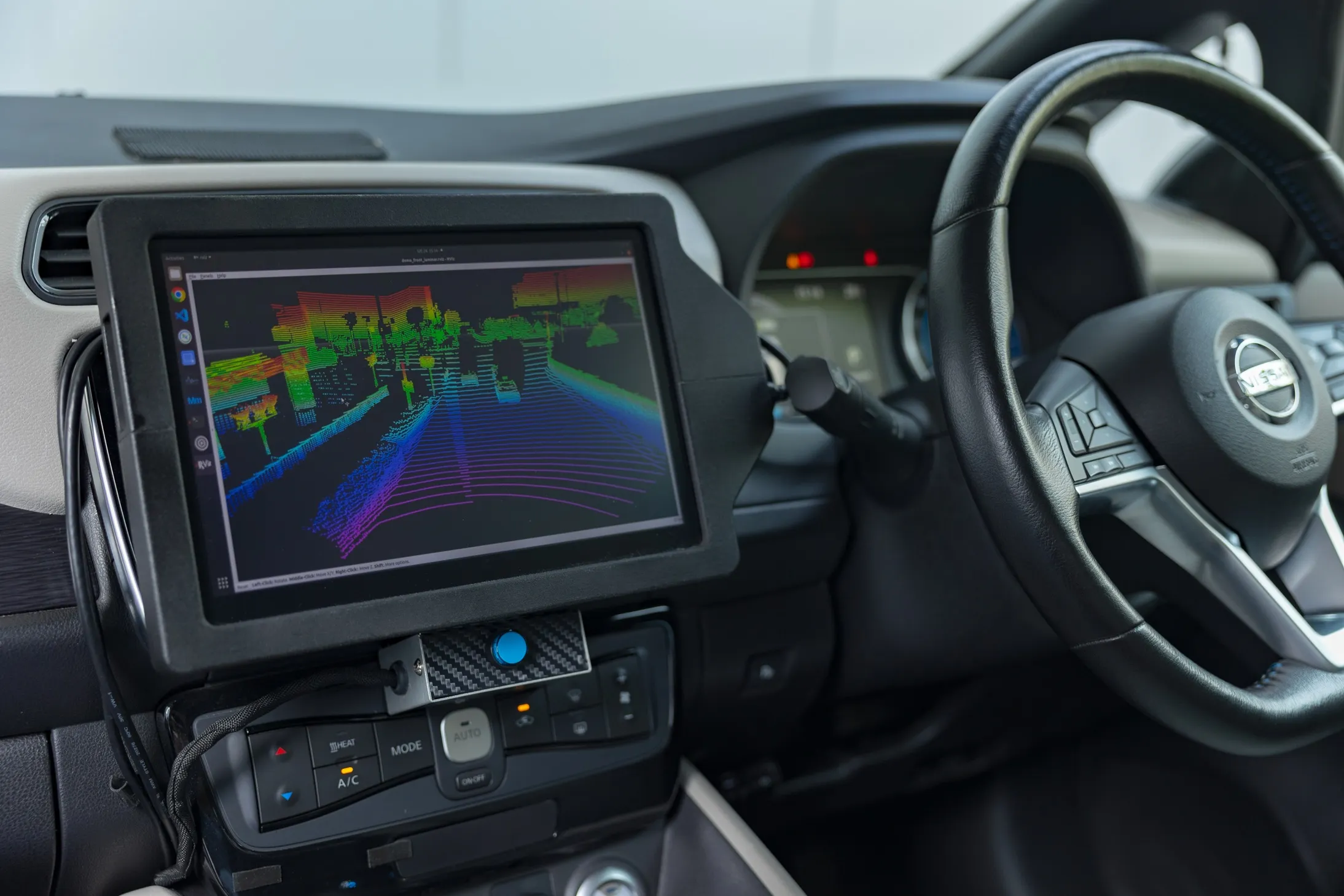Nissan Motor Company has unveiled a system which enables electricity to be supplied from the lithium-ion batteries installed in Nissan Leaf to ordinary households, as part of its comprehensive efforts toward the realisation of a zero-emission society. The new system was unveiled at a house built in front of the Nissan global headquarters by Sekisui House Ltd.
April 16, 2012
Read time: 2 mins
RSS838 Nissan Motor Company has unveiled a system which enables electricity to be supplied from the lithium-ion batteries installed in Nissan Leaf to ordinary households, as part of its comprehensive efforts toward the realisation of a zero-emission society. The new system was unveiled at a house built in front of the Nissan global headquarters by Sekisui House Ltd.
Nissan will continue development and study how it can be fully aligned and connected with current power systems. Working with a wide range of partners interested in both its development and sales, Nissan says it aims to commercialise the system during this fiscal year.
Through this system, electricity stored in Nissan Leaf can be supplied to a house by connecting the car to the house's electricity distribution panel using a connector linked to the Leaf's quick charging port. The connector complies with the CHAdeMO Association's protocol for quick chargers, adopted globally for its great versatility, safety and reliability.
Nissan says that with this system, the Leaf can be used as an electricity storage device for houses in preparation for power outages and/or shortages. The lithium-ion batteries can store up to 24kWh of electricity, sufficient to power an average Japanese household for about two days.
Nissan believes this system will allow households to be supplied with a stable amount of electricity throughout the day and reduce the burden on the current power supply by charging and storing electricity in Nissan Leaf with electricity generated at night or through sustainable methods such as solar power, and using it during high demand periods.
This system can not only supply electricity from the vehicle but also charge it to the vehicle.
Nissan will continue development and study how it can be fully aligned and connected with current power systems. Working with a wide range of partners interested in both its development and sales, Nissan says it aims to commercialise the system during this fiscal year.
Through this system, electricity stored in Nissan Leaf can be supplied to a house by connecting the car to the house's electricity distribution panel using a connector linked to the Leaf's quick charging port. The connector complies with the CHAdeMO Association's protocol for quick chargers, adopted globally for its great versatility, safety and reliability.
Nissan says that with this system, the Leaf can be used as an electricity storage device for houses in preparation for power outages and/or shortages. The lithium-ion batteries can store up to 24kWh of electricity, sufficient to power an average Japanese household for about two days.
Nissan believes this system will allow households to be supplied with a stable amount of electricity throughout the day and reduce the burden on the current power supply by charging and storing electricity in Nissan Leaf with electricity generated at night or through sustainable methods such as solar power, and using it during high demand periods.
This system can not only supply electricity from the vehicle but also charge it to the vehicle.







